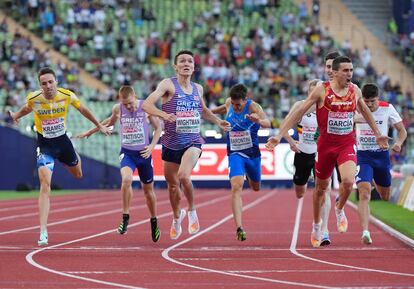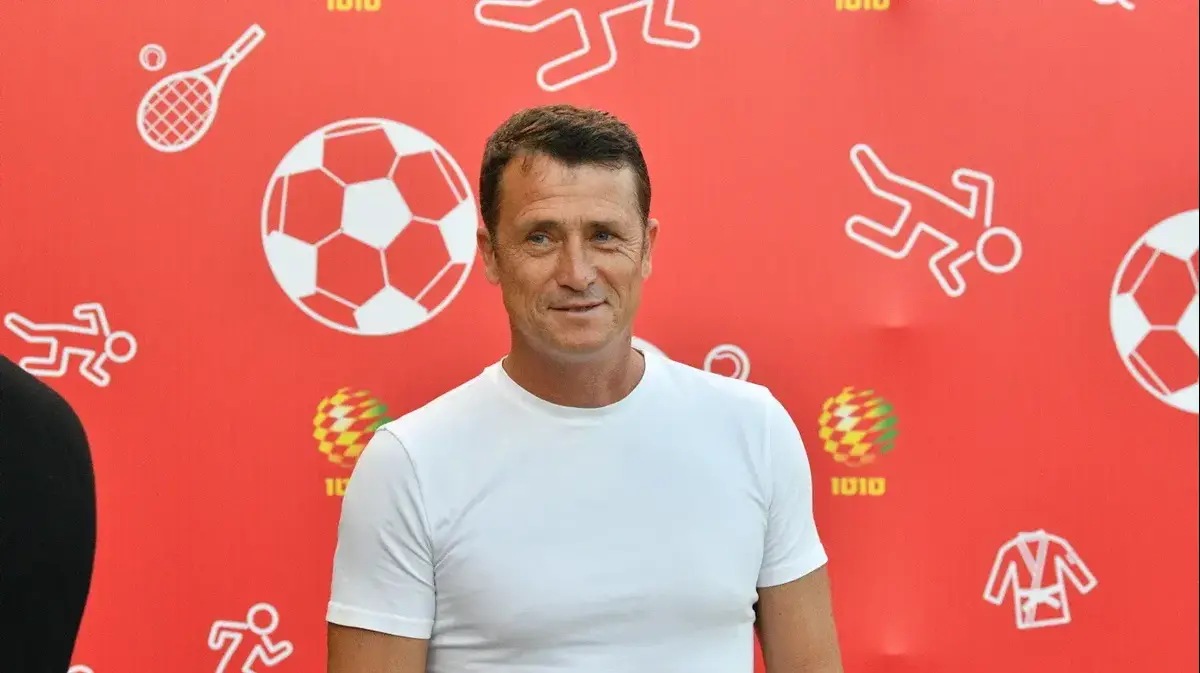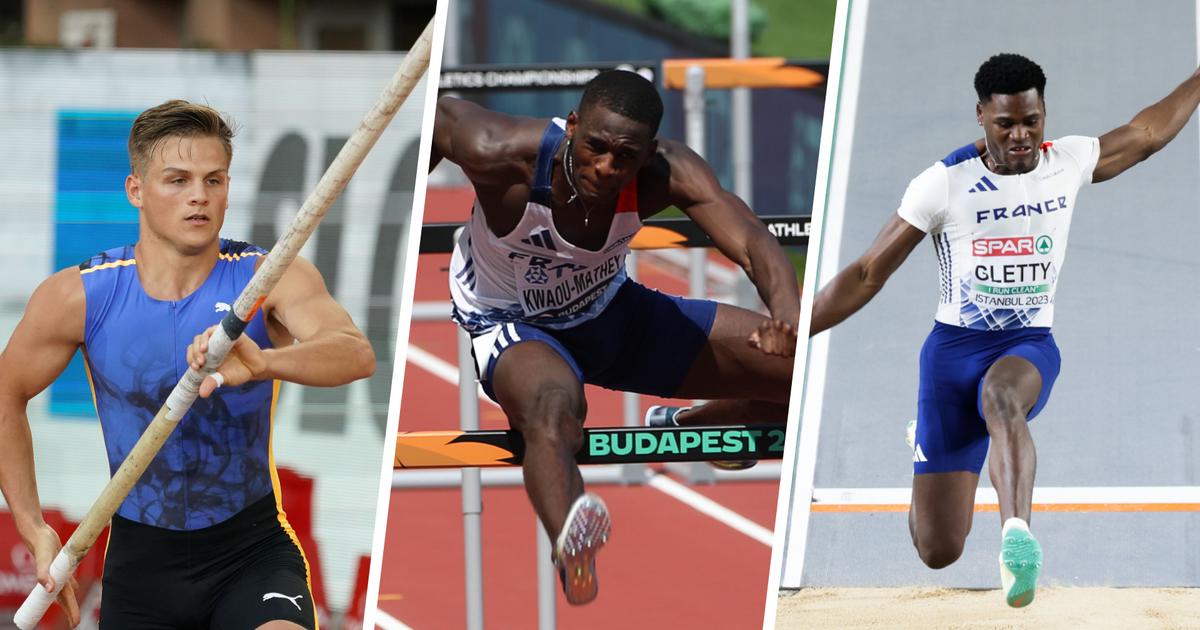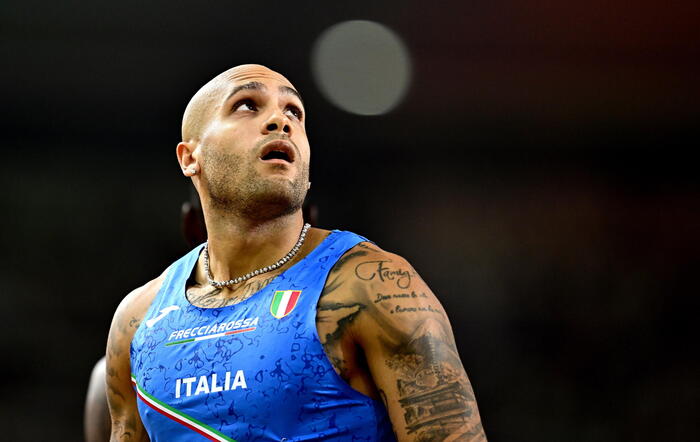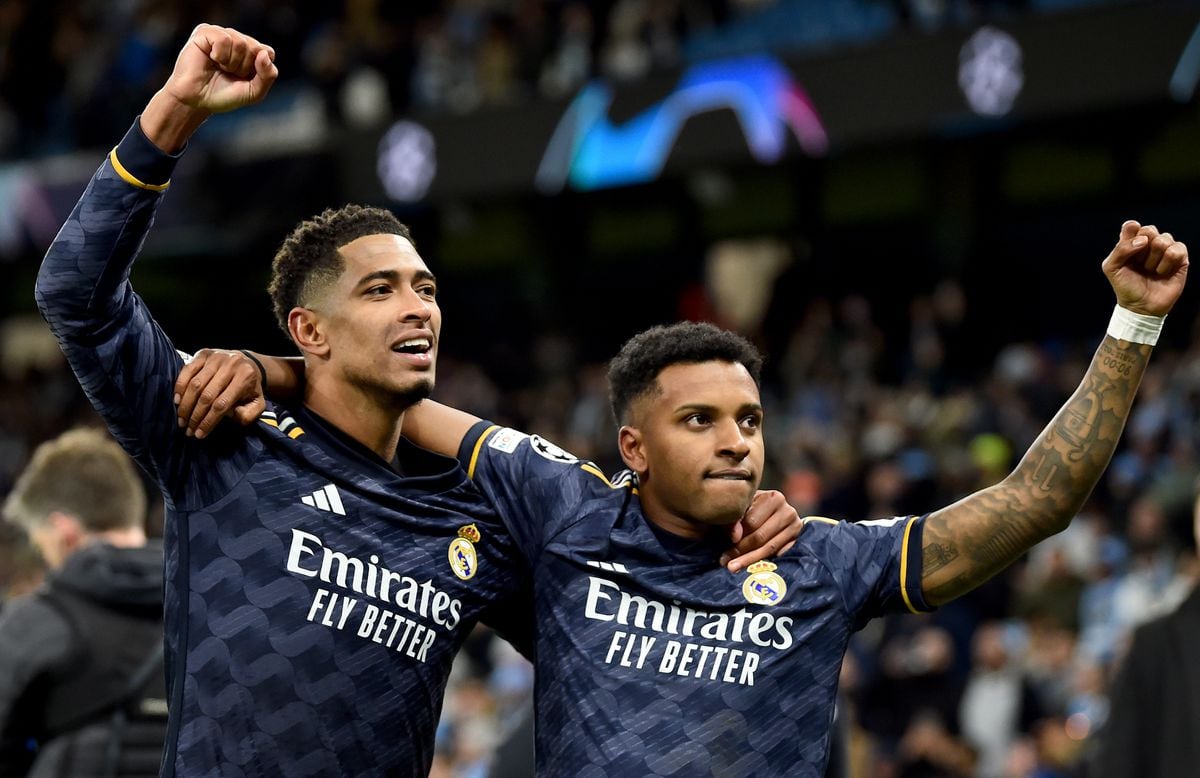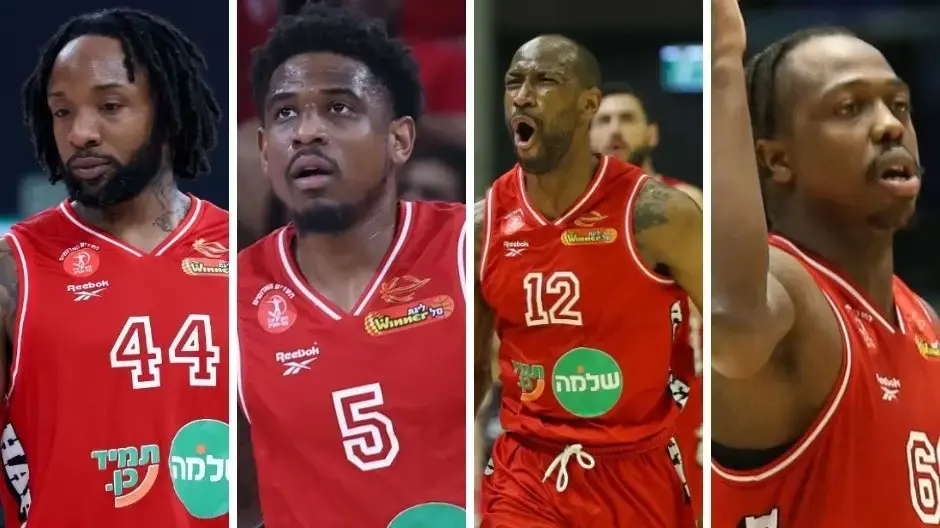Mariano García, winning the 800m in Munich. DPA via Europa Press (DPA via Europa Press)
There is no person in the world of athletics who does not say that the European Championships in Munich have been a phenomenal competition.
Stadium, public, great athletes, and the highest level of brands.
The Olympic champions who arrived have competed as if this were the most important event of the year.
Marcell Jacobs (100m, 9.95s), Karsten Warholm (400m Hurdles, 47.12s), Jakob Ingebrigtsen (1,500m, 3m 32.76s), Mondo Duplantis (pole, 6.06m), Miltiadis Tentoglou (length, 8, 52m), have broken or equaled championship records.
A figure like the Dutch Femke Bol, 22, the queen of the championships, has won three golds in an unusual combination and with magnificent times: 400m dash (49.44s, best European time of the year), 400m hurdles (52.67s , record of the championships) and 4X400 relay leader of his country.
In 30 of the 46 disciplines, the marks of the champions in Munich have been better than those of the previous championships, Berlin 2018, but in only four have they been better than those of the champions of the recent World Cups.
The great powers, such as Germany, have understood that in the World Cups, the three blocks that dominate – the United States, Jamaica and the rest of the Caribbean, Ethiopia and Kenya – leave little room and have decided that their athletes will arrive at their Europeans in their best shape. and they have gone from gray performances in Eugene (a gold and a bronze for the Germans in the World Cups) to sweeping the Olympic stadium before their crazy fans, because it is easier to support some athletes with a chance of victory than those who are going to fight for crumbs: 16 medals, seven of them gold.
The German model has been followed to perfection by Spain, which after World Cups resulted in the bronze medals for Mo Katir in the 1,500m and Asier Martínez in the 110m hurdles, and fourth place for Mario García in the 1,500m, has shone in Munich, finishing third on the list, with 10 medals (four gold, three silver and three bronze) and, above all, with the irresistible rise of a new generation: none of the four medalists on the track, the two champions, Asier Martínez (110m hurdles, 22 years old) and Mariano García (800m, 24), the runner-up in the 5,000m (Mo Katir, 24) and the bronze in the 1,500m (Mario García, 23) is still 25 years old.
For the four of them it was the first absolute European in which they participated.
They are talented, they are professionals and they are ambitious.
Katir only thought about beating Jakob Ingebrigtsen in the 5,000m,
and Mario García even risked the bronze medal in his desperate attempt to finish off the Norwegian in the 1,500m.
His phrase is, if it's not to win, why am I going to come.
Asier Martínez, the one with the vertiginous ascent to Gotha in the world 110m hurdles, has already won and also Mariano García, who traveled to Munich carrying a little plant, a symbol that came with the gold medal, to plant the garden of the champions, and only He feared that the popular reception that awaits him in Fuente el Álamo (Murcia), where he trains, would delay him and hinder his training plans.
"You have to keep working, and you have to go to the gym, weights, the most boring," laments the Murcian, who will try next week at the Brussels Diamond to get the minimum (1m 44.70s) for the 2023 World Cup. Mario García, for its part, will participate in the 1,500m of Lausanne,
More information
European Athletics Championships 2022: results and medal table for August 21
Italy (11 medals, three of them gold, after some sad World Cups) has followed a similar process, but not France, with athletics in crisis, bad World Cups and worse Europeans, from which it came out, for the first time since 1982, without no champion.
The other four individual medals, apart from the two in the team marathons, the gold medals for Álvaro Martín and Miguel Ángel López, the silver for Raquel González and the bronze for Diego García, have been achieved in the walking events, the discipline in which Spain sets the pace for the rest of Europe thanks to the three nuclei, Madrid, Cieza and Guadix, in which three enthusiasts, José Antonio Quintana, José Antonio Carrillo and Daniel Garzón, at the forefront of knowledge and the latest techniques in preparation, they incessantly sprout top-level marchers, and achieve performance for many years.
“The balance of the championship for Spain has been very positive”, congratulates the national coach, José Peiró.
And we haven't hit the ceiling yet.
The best thing about this team has been the very high level of competitiveness of all the athletes.
We are going to continue with the policy of always bringing the most competitive team possible”.
Within the almost euphoria, one aspect should make the Spanish technical managers reflect, the disparity between the results of men and women.
The Munich team was made up of 89 athletes, 49 men and 40 women.
Eight of the medals were male, only two female.
More than 40% of the men (19) occupied the finalist position, and only seven women (17%).
You can follow EL PAÍS Deportes on
and
, or sign up here to receive
our weekly newsletter
.

